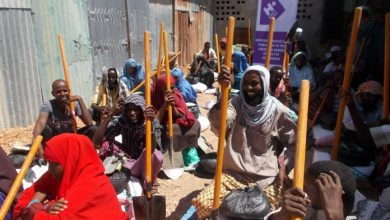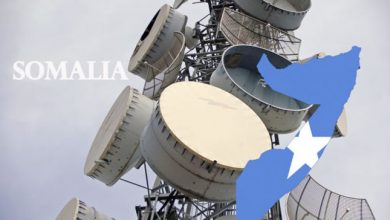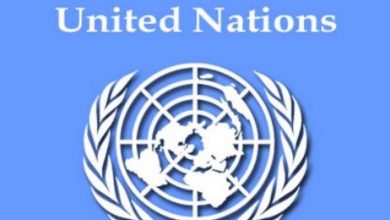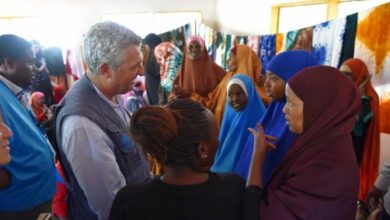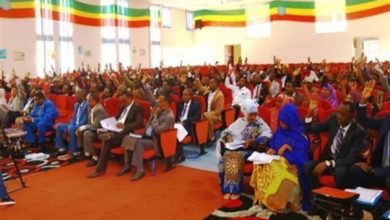Business opportunities fading for entrepreneurial Somali refugees in Dadaab
(ERGO) – Nur Tawane, a 34-year-old entrepreneur, has literally brought light into the lives of hundreds of other Somali refugees in northern Kenya’s Dadaab camps through his power-generating company.
(ERGO) – Nur Tawane, a 34-year-old entrepreneur, has literally brought light into the lives of hundreds of other Somali refugees in northern Kenya’s Dadaab camps through his power-generating company.
What began with a single small generator providing electricity to 40 families in Dadaab’s Hagadhera camp has grown since 2012 to encompass a power plant with four generators and several subsidiary companies.
Tawane’s power plant now serves 681 homes in the camp with electricity. The monthly bills are capped at $12 and a number of places are not charged at all.
“We don’t charge a shilling to 48 mosques, 32 houses where orphaned families live, and 12 houses where a group of students meet to revise together,” he told Radio Ergo.
His businesses include an ice cream factory, a laundry detergent factory, and a primary school, with 30 direct employees and creating jobs indirectly for numerous others.
“There are a good number of women who buy ice cream from my factory on credit and pay me back when they sell. I am quite happy that I am helping families earn their living,” he said.
Nur Tawane arrived in Dadaab as a child in 1992, when the huge refugee complex first opened to accommodate tens of thousands of families fleeing Somalia’s civil war and related humanitarian disaster.
He completed his secondary education in Hagadhera and earned a diploma in business administration. After working for various NGOs at a salary of $100 a month, he started his business with $800 savings. Recently, he spent $7,200 on expansion of the power plant.
However, as the future of Dadaab camp is uncertain because of the Kenyan government’s frequent announcements of closure, business people like Tawane are considering what to do.
“Many of the people have gone back to their country, especially the youth who once called this camp home. I myself am also strategizing an exit plan with my business and if I get a place, I will relocate,” he said.
Nur has had some disappointment, finding that six families left the camp to go back to Somalia without paying their electricity bills.
Still, the ability to become independent has been a major achievement in Nur’s life so far. There were no businesses in the camp when his family first arrived, and he remembers how everyone relied on humanitarian aid.
“We used to depend on food donations from WFP. When we needed a book or a pair of shoes, my mother used to sell a kilo of the donation of flour so that we could buy the book or the shoes. But today, things are different as you can see, and we thank God!”
